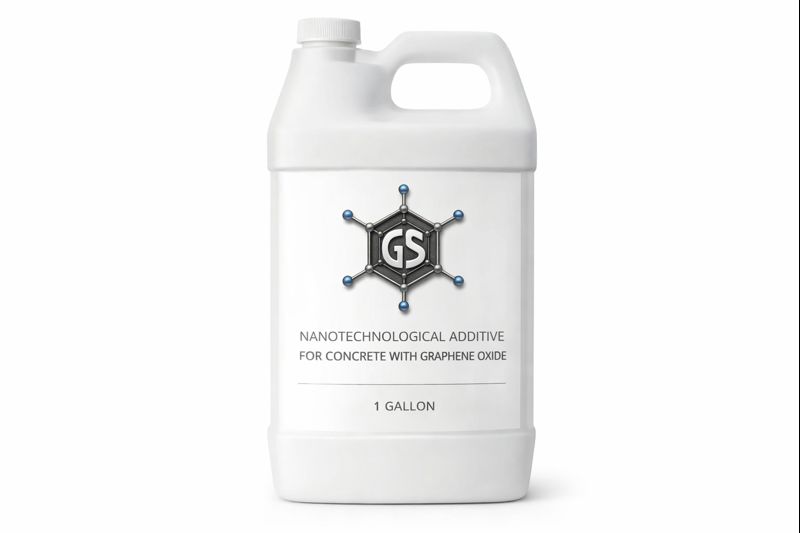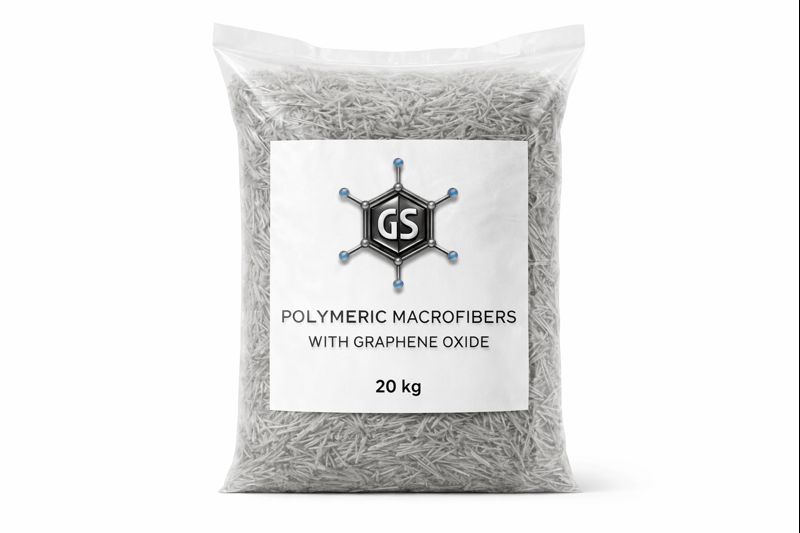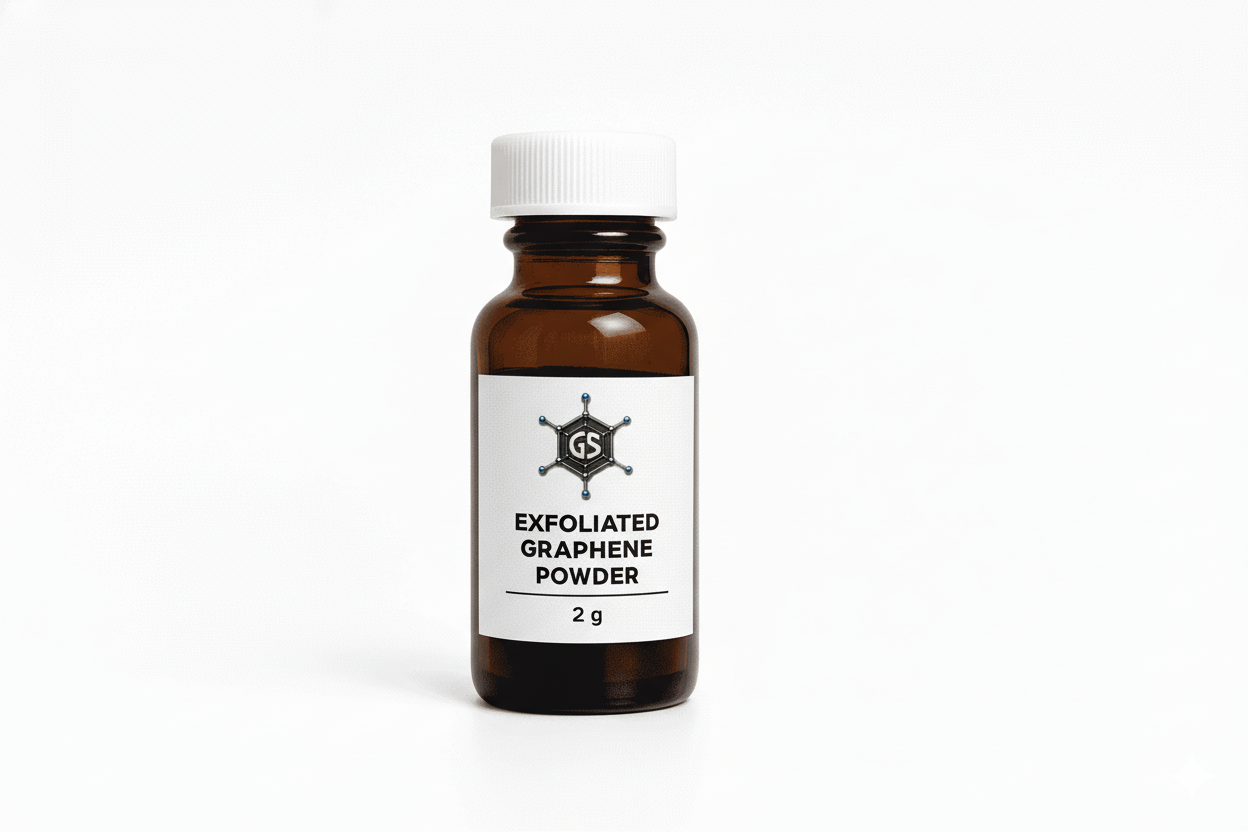- Home
- About
- Graphene Uses
- High-Rise Buildings
- Bridges and Overpasses
- Roadways and Highways
- Marine Structures
- Tunnel Construction
- Dams and Reservoirs
- Residential and Commercial Buildings
- Nuclear and Energy Infrastructure
- Industrial Facilities
- Airport Infrastructure
- Graphene in Military & Defense
- Graphene Coatings for Military Vehicles
- A New World of Military Denfense
- Graphene 3D Printing Solutions
- Graphene Sports Courts
- Shop
- Top Stories
- Contact











